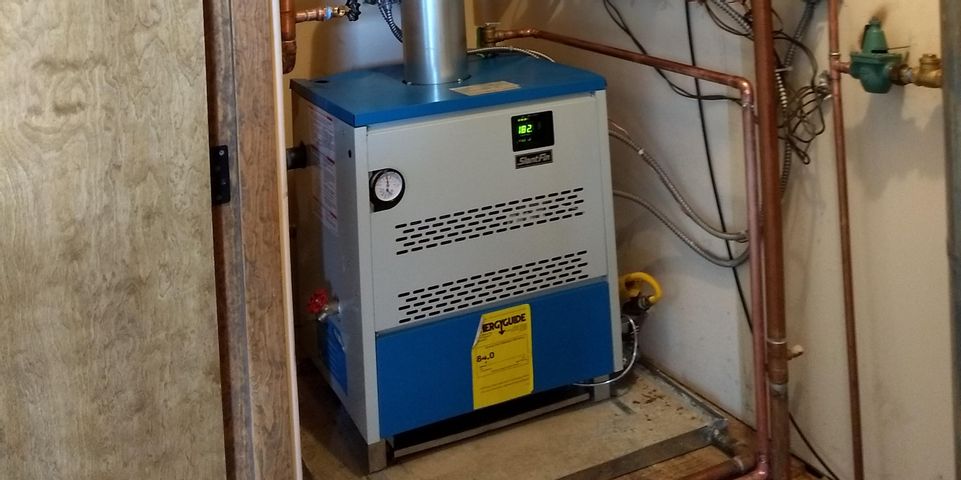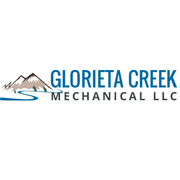4 FAQ About Radiant Heating Systems

A radiant heating system warms an area or object through hydronic power or electrical heating elements. It comes in various forms, including radiators, baseboard heaters, or floor heaters. The heated object will spread the warmth throughout the room to keep you comfortable without any hot air blowing in your face and drying out your skin. If you’re considering upgrading to a radiant system, the following guide will answer your lingering questions.
A Brief Guide to Radiant Heating Systems
What are the advantages?
Radiant systems are more energy-efficient than traditional models. They’re also able to heat rooms faster than forced-air systems.
Hydronic systems utilize water to transfer heat, which is more efficient than using air. Also, because they don’t require vents, you won’t have to worry about dust and debris being blown into your home. This improves the overall air quality to ensure a comfortable environment.
What type of maintenance will be required?
Yearly maintenance will ensure the mechanical parts like the boiler and pump are in good condition. When these components start making noises, it might be time for repairs. You might hear a clicking or thumping sound as the internal parts loosen over time.
 Your technician will not only clean the mechanical parts, but they’ll also check the pressure valves to make sure they aren’t worn or leaking. A leak might suggest that oxygen is infiltrating the system and corroding the internal parts.
Your technician will not only clean the mechanical parts, but they’ll also check the pressure valves to make sure they aren’t worn or leaking. A leak might suggest that oxygen is infiltrating the system and corroding the internal parts.
Can they be zoned?
Both hydronic and electric radiant systems can be zoned. In a hydronic system, zoning controls can adjust the amount of heat that’s delivered to the various parts of your home. Typically, you can control the amount of water, the temperature, and how long the heated water will flow there.
Alternatively, with an electric system, you can adjust the thermostat to your preferences, and floor and room sensors will maintain the preferred temperature for as long as you desire.
What types of flooring are compatible with radiant systems?
Tile, hardwood, carpet, vinyl, and linoleum are all compatible with radiant systems. The resulting temperature will vary depending on the flooring material you choose.
Tile is a particularly popular choice because it’s more conductive and transfers heat better than the other options. However, hardwood and carpet are still efficient, so choose an option that suits your tastes and matches the rest of your household.
Upgrade to a comfortable, affordable heating system with the help of Glorieta Creek Mechanical in Santa Fe, NM. For over a decade, their experienced team has provided HVAC and plumbing services to commercial and residential customers throughout the area. Be sure your system is ready for the winter season and it will make your home as comfortable as possible when running properly. Call (505) 757-8872 to schedule an appointment with a friendly expert. Read more about their radiant systems online and subscribe to our email list.
About the Business
Have a question? Ask the experts!
Send your question

